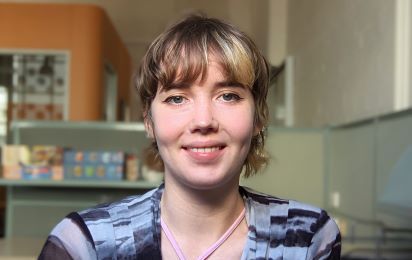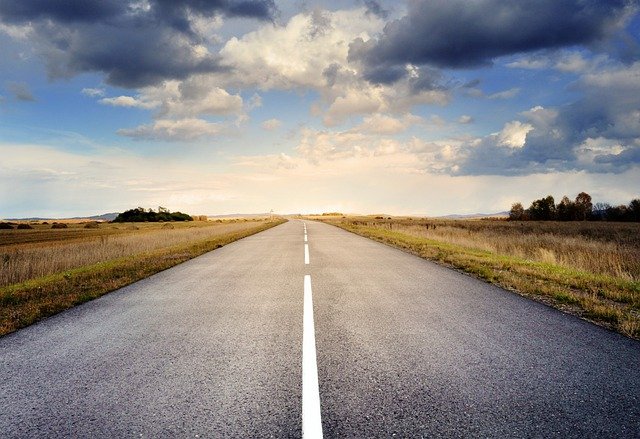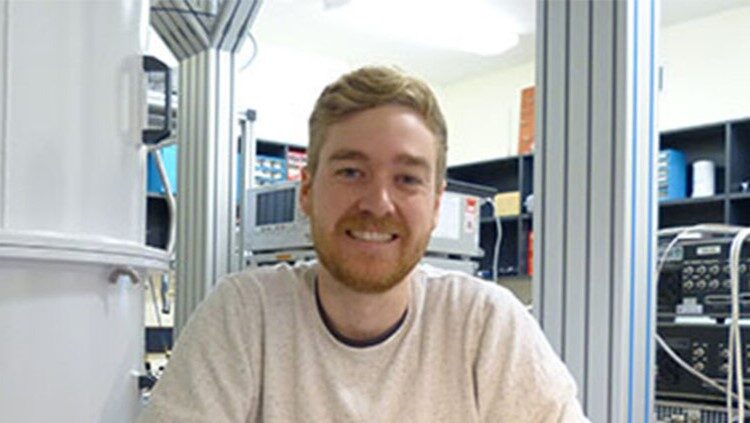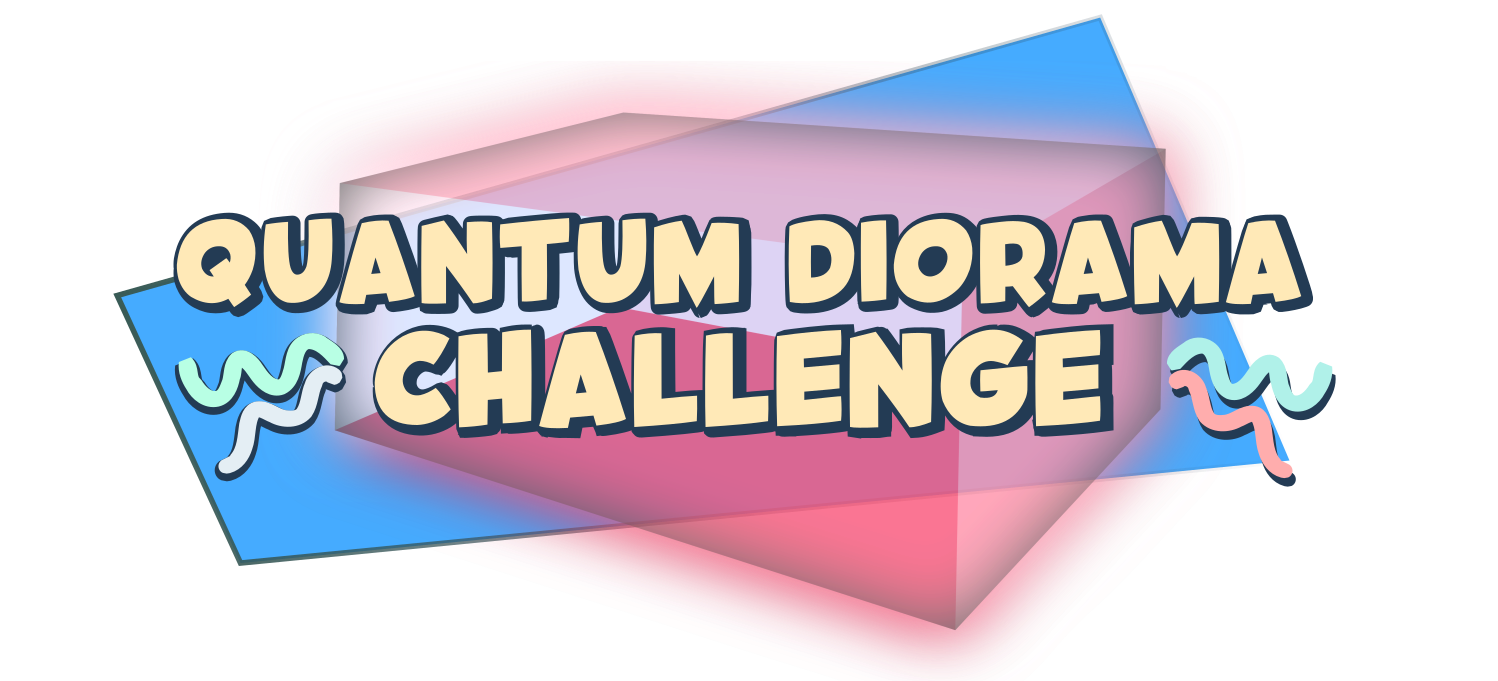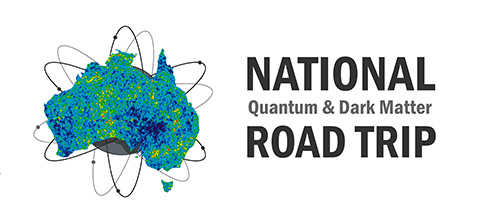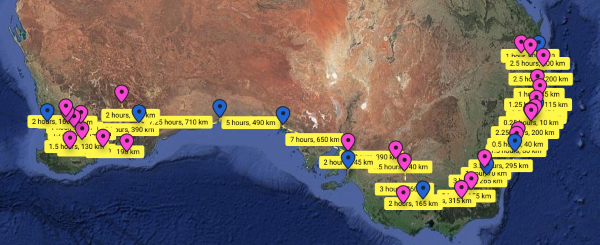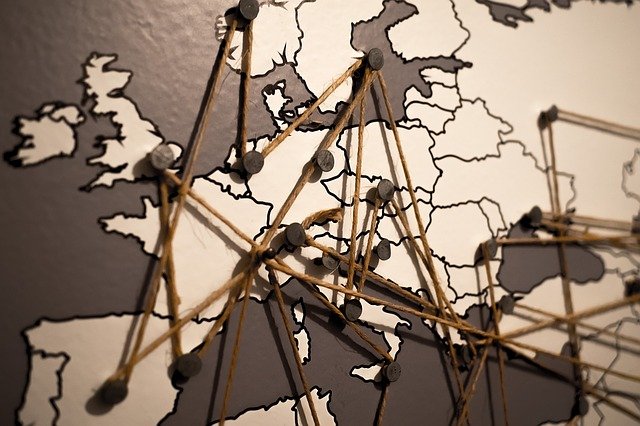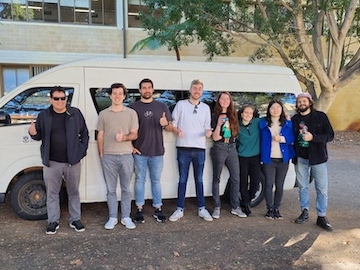Scientists will travel 7,000 kilometres over 19 days and visit 40 cities and towns across Australia on the National Quantum & Dark Matter Road Trip.
The road trip will begin in Brisbane on 8 August and visit metropolitan, regional and rural schools and communities before finishing in Perth on 26 August.
The ARC Centre of Excellence for Engineered Quantum Systems (EQUS) and ARC Centre of Excellence for Dark Matter Particle Physics (CDM) are organising the event as part of National Science Week 2022.
The road trip aims to introduce quantum and particle physics to Australians, inspire the future generation of scientists and engineers, and highlight the potential of quantum technologies and dark matter discovery for the benefit of our society.
During the road trip, 25 scientists will present talks and demonstrations at 26 schools and hold public events including talks and pub trivia nights.
The cities and towns it will visit are:
Brisbane/Meanjin QLD, Oakey QLD, Gatton QLD, Murwillumbah NSW, Byron Bay NSW, Ulmarra NSW, South Grafton NSW, Coffs Harbour NSW, South Kempsey NSW, Port Macquarie/Guruk NSW, Kew NSW, Wingham NSW, Taree NSW, Newcastle/Malubimba NSW, Morisset NSW, Narara NSW, Sydney/Gadi NSW, Canberra/Ngambri ACT, Yass NSW, Corryong VIC, Mount Beauty VIC, Bendigo VIC, Stawell/Yirip VIC, Manangatang VIC, Red Cliffs VIC, Clare SA, Adelaide/Tarndanya SA, Ceduna SA, Border Village SA, Norseman WA, Kalgoorlie WA, Esperance WA, Ravensthorpe WA, Katanning WA, Lake Grace WA, Narembeen WA, Corrigin WA, Quairading WA, Cunderdin WA & Perth/Boorloo WA.
Road trip organiser and physicist Dr Ben McAllister, from CDM, EQUS, Swinburne Institute of Technology and the University of Western Australia, said the route had been carefully selected to visit rural and regional areas.
“We want to share the excitement of science, and physics in particular, with students and communities that might not otherwise have the opportunity to meet scientists face-to-face and learn about the cutting-edge science happening in Australia,” Dr McAllister said.
“We want to build a diverse scientific community and that means engaging with regional and rural people, along with those living in cities, to inspire them to consider a career in science and show them how fun physics can be.”
“We urge people to attend our public events, to celebrate science, meet our world-leading scientists and have a great time.”
More information about the road trip is available here on our website.

